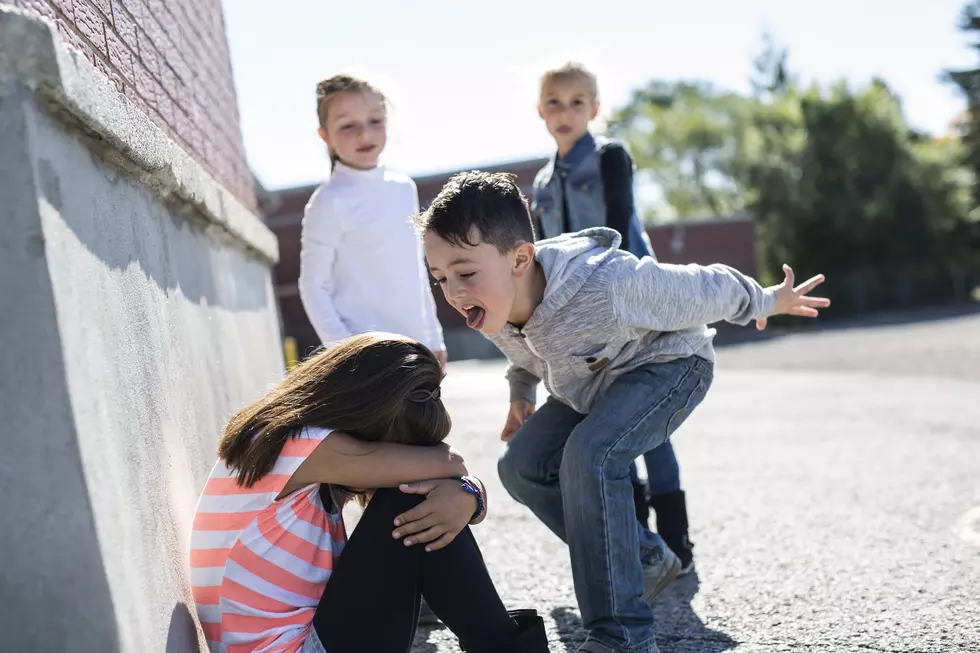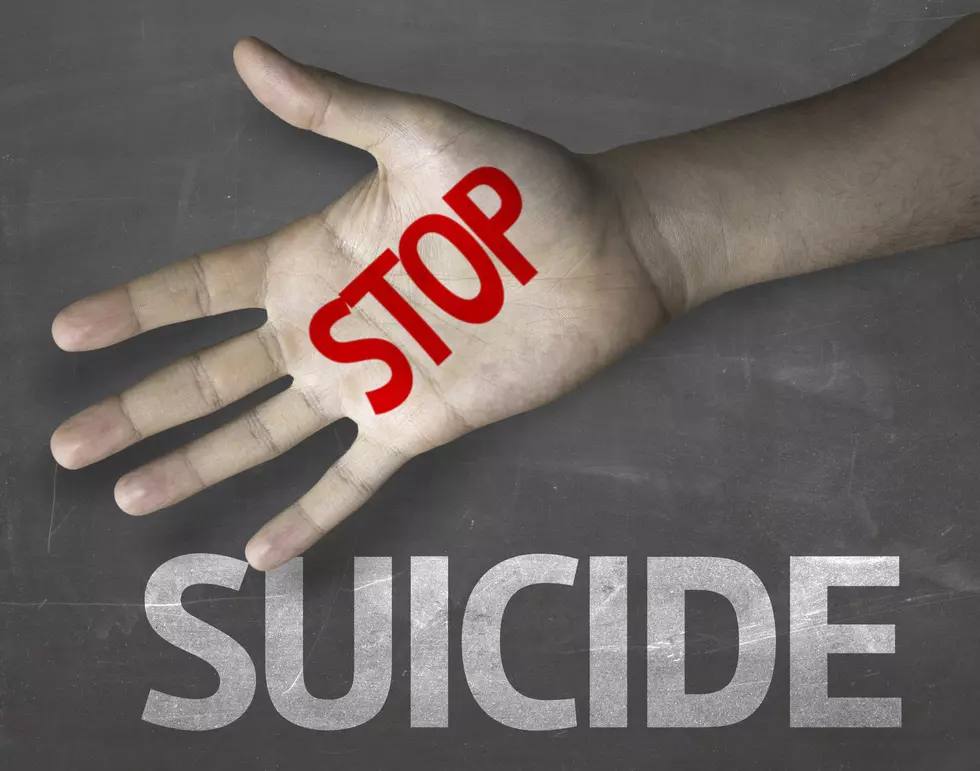
Youth suicide — how NJ schools play a role in reducing the numbers
Two fathers who lost children to suicide are the main reason New Jersey's teachers have been required for years to receive training in the area of suicide prevention on a regular basis.
Some adults, such as teachers and other school staff, may see your children more than you do on a typical day. That's why advocates of youth suicide prevention consider schools to be on the front lines of this issue.

"We know that one of the best ways to reduce suicides is to foster connections," said Wendy Sefcik, chair for the New Jersey chapter of the American Foundation for Suicide Prevention. "That's why there was a very big concern during the pandemic, because a lot of the connections were being broken down."
Sefcik, whose 16-year-old son died by suicide in 2010, said teachers can play a role by noticing changes within a student's behavior and being able to identify when someone seems off.
A 2006 state law requires that every public school teaching staff member complete a minimum of two hours of instruction in suicide prevention every five years. The instruction, which must be provided by a licensed healthcare professional with training in the field, needs to include information on the relationship between the risk of suicide and incidents of harassment, intimidation, and bullying.
"Suicide is preventable. It's one of the diseases that we can prevent," said Susan Tellone, clinical director for the Society for the Prevention of Teen Suicide.
The Freehold-based organization was founded in 2005 by two friends whose children took their own lives. The group's board made it their mission to require suicide prevention training among teachers after realizing no such requirement existed. When New Jersey passed the law, it was the first state in the nation to do so.
In New Jersey, suicide is the third-leading cause of death for youth aged 10 to 24, but the state continues to have a lower rate of suicide in this age group compared to the national average.
Gov. Phil Murphy on Tuesday signed legislation into law that appropriates $1 million to mental health screening in New Jersey schools.
In an emailed statement to New Jersey 101.5, the Department of Education noted that federal coronavirus relief funds have been set aside to make grants available for schools' efforts to support students' and educators' mental health needs.
- New Jersey Suicide Prevention Hopeline: 1-855-654-6735
- Crisis Textline: Text NJ to 741741
- National Suicide Prevention Helpline: 1-800-273-TALK
- 2ndFloor Youth Helpline: 1-888-222-2228
- LGBT National Helpline: 1-888-843-4564
If your life or someone else's is in imminent danger, call 911.
Where To Get The Best Apple Cider Donuts At The Jersey Shore
More From Beach Radio










